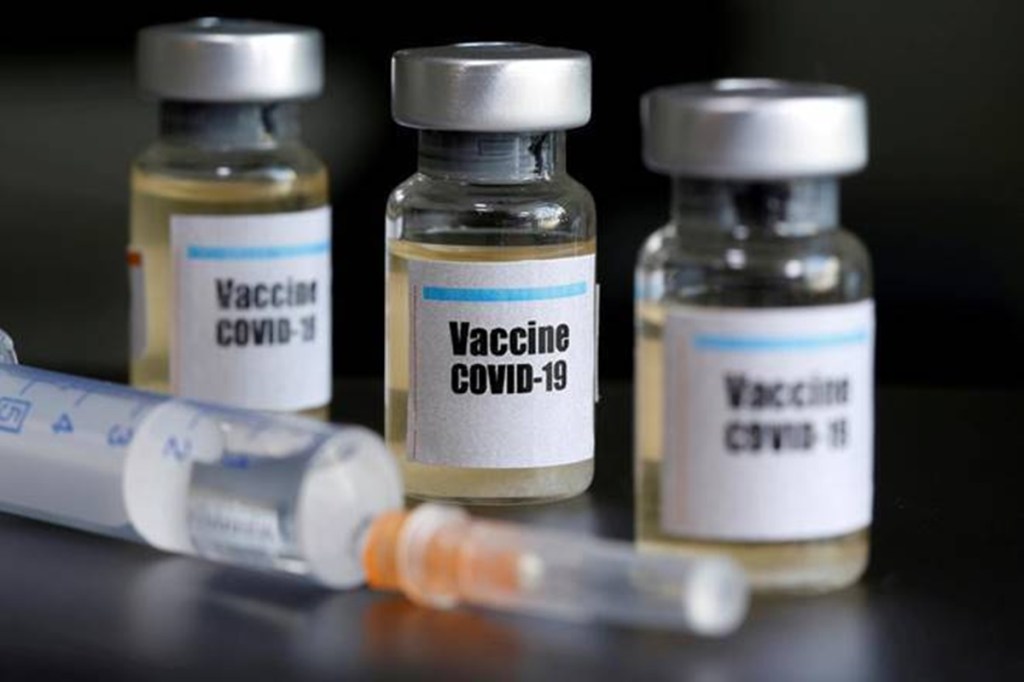China’s admission that its vaccines don’t offer enough protection against Covid-19 is certainly a rare admission of weakness, if not the first. Last week, Gao Fu, the director of the China Center for Disease Control and Prevention, said Chinese vaccines don’t have very high protection rates and “it’s now under formal consideration whether we should use different vaccines from different technical lines for the immunisation process.” For perspective, against 90-plus percent efficacy reported for many vaccines developed elsewhere, Sinovac’s vaccine has reported a low 50% efficacy—that is the threshold efficacy prescribed by the WHO for approving vaccines—in Brazil. What this means for China’s “vaccine diplomacy” isn’t difficult to imagine. China had inked supply agreements for its vaccines with many nations, and even used jabs as a tool to force countries to toe its line.
Turkey and Singapore had placed significantly large orders while Indonesia had used Chinese vaccines to cover its medical and frontline workers, apart from its elderly population. A third dose of a Chinese vaccine has been offered to many in UAE, but against Fu’s statement, this may not be seen as much.
The bigger problem for China is perhaps the fact that it has not yet approved any foreign vaccine, which means many in its population who have been vaccinated could still be at risk. Now, whether the country pivots towards foreign vaccines or goes for, as reported by The Guardian, “mixing vaccines” remains to be seen.


